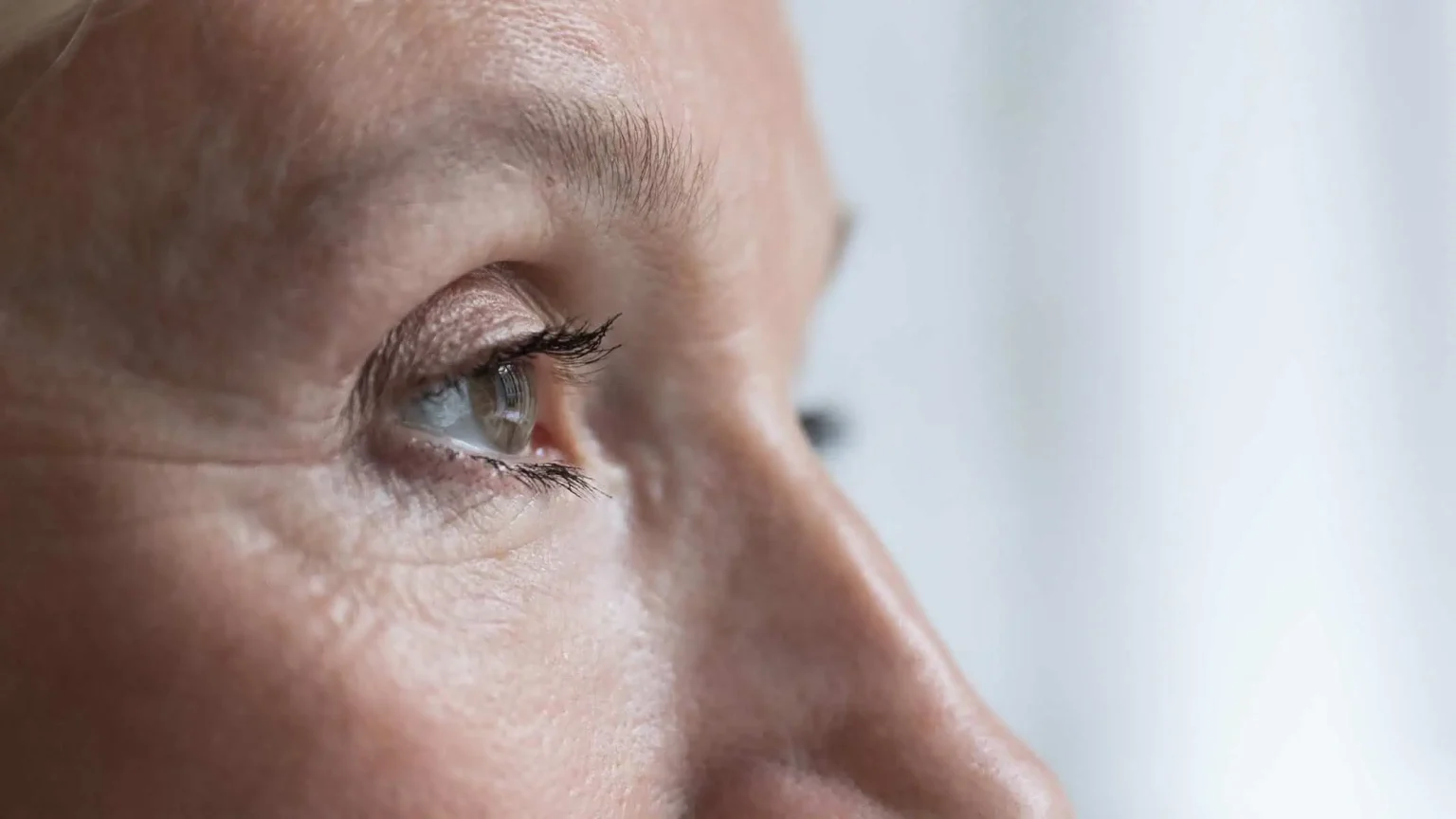Good vision is one of the most important senses we rely on every day. It helps us enjoy life, stay independent, and perform daily activities with confidence. However, as we age, certain eye conditions can affect our sight, and cataracts are among the most common. When cataracts develop, they can cause blurry vision, difficulty seeing at night, and problems with glare. Thankfully, cataract eye surgery offers an effective solution to restore clear vision and improve quality of life.
Understanding Cataracts and Their Impact
A cataract occurs when the natural lens of the eye becomes cloudy, blocking or distorting light as it enters the eye. This cloudiness is often the result of aging, but it can also be caused by eye injuries, certain medications, or other health conditions. People with cataracts may notice that colors appear duller, reading becomes harder, and driving—especially at night—feels unsafe. Without treatment, cataracts can worsen over time and lead to significant vision loss.
This is where cataract eye surgery comes in. By replacing the cloudy lens with a clear artificial lens, the procedure can restore vision and help individuals get back to their normal routines without constant visual struggles.
The Cataract Eye Surgery Process
Cataract eye surgery is one of the most common and safest procedures in modern medicine. It is usually performed as an outpatient surgery, meaning patients can go home the same day. The surgeon begins by making a small incision in the eye to access the cloudy lens. Using advanced techniques, the cataract is broken into small pieces and removed. Then, a clear artificial lens, known as an intraocular lens (IOL), is placed inside the eye.
The surgery typically takes less than an hour, and most people experience little to no discomfort. Eye drops are prescribed after the procedure to aid healing and prevent infection. Within a few days, patients often notice a significant improvement in their vision.
Vision Improvements After Surgery
The results of cataract eye surgery can be remarkable. Many people are amazed at how much brighter and clearer their surroundings appear. Colors often seem more vibrant, and fine details are easier to see. Tasks such as reading, cooking, and sewing become more comfortable, and driving feels safer due to improved clarity and reduced glare from lights.
In some cases, depending on the type of intraocular lens chosen, patients may also experience reduced dependence on glasses or contact lenses. This added benefit can make daily life even more convenient.
Quality of Life Benefits
Better vision doesn’t just mean clearer sight—it can have a big impact on overall quality of life. People who have undergone cataract eye surgery often report feeling more confident and independent. They can participate in hobbies they may have given up, such as painting, gardening, or playing sports. Social interactions also improve, as it becomes easier to recognize faces and read facial expressions.
Improved vision can also have health benefits. For example, clearer eyesight reduces the risk of falls and accidents, which is especially important for older adults. Being able to move around safely and perform tasks without strain can greatly enhance both mental and physical well-being.
Long-Term Outlook
The results of cataract eye surgery are long-lasting. Once the cloudy lens is replaced with an artificial lens, cataracts cannot come back in that eye. However, some people may develop a condition called posterior capsule opacification (PCO) months or years after the surgery, which can slightly blur vision again. This is easily treated with a quick, painless laser procedure.
Regular eye check-ups after surgery are important to ensure ongoing eye health and detect any other vision problems early. With proper care, the benefits of cataract eye surgery can last a lifetime.
Conclusion
Cataracts can make everyday life more challenging, but modern medicine provides an effective solution. Cataract eye surgery not only restores vision but also brings back the joy of seeing the world clearly. From sharper details to brighter colors, the improvements are often life-changing. For many, it means regaining independence, confidence, and the freedom to enjoy activities without visual limitations. If cataracts are affecting your vision, discussing cataract eye surgery with an eye specialist could be the first step toward a clearer, brighter future.


